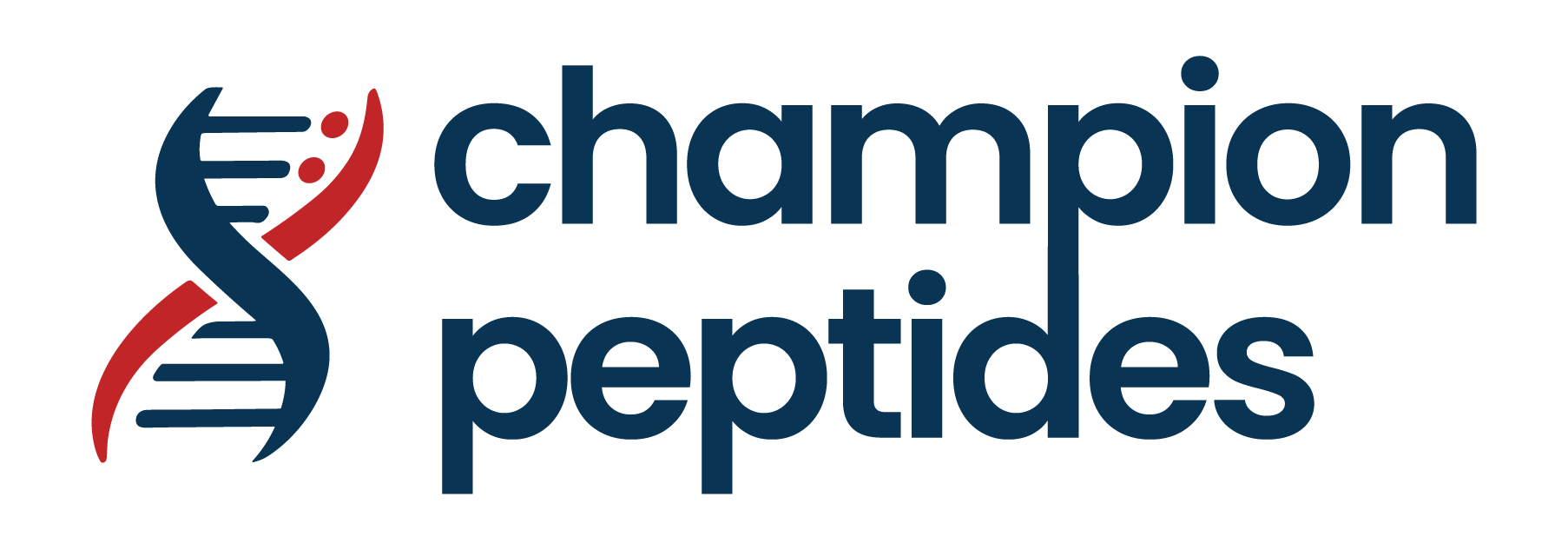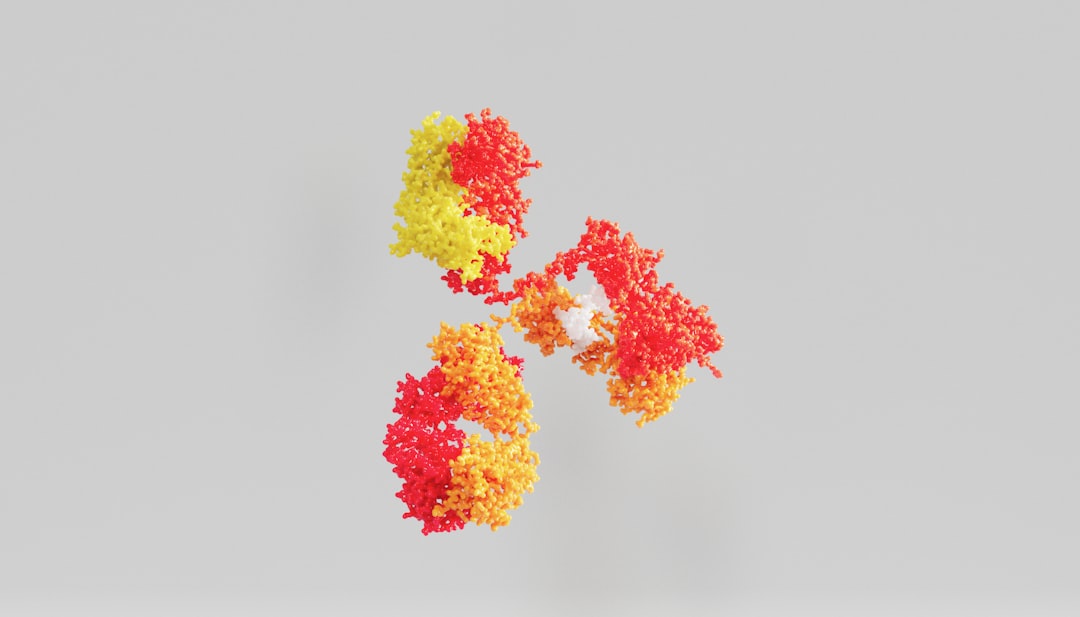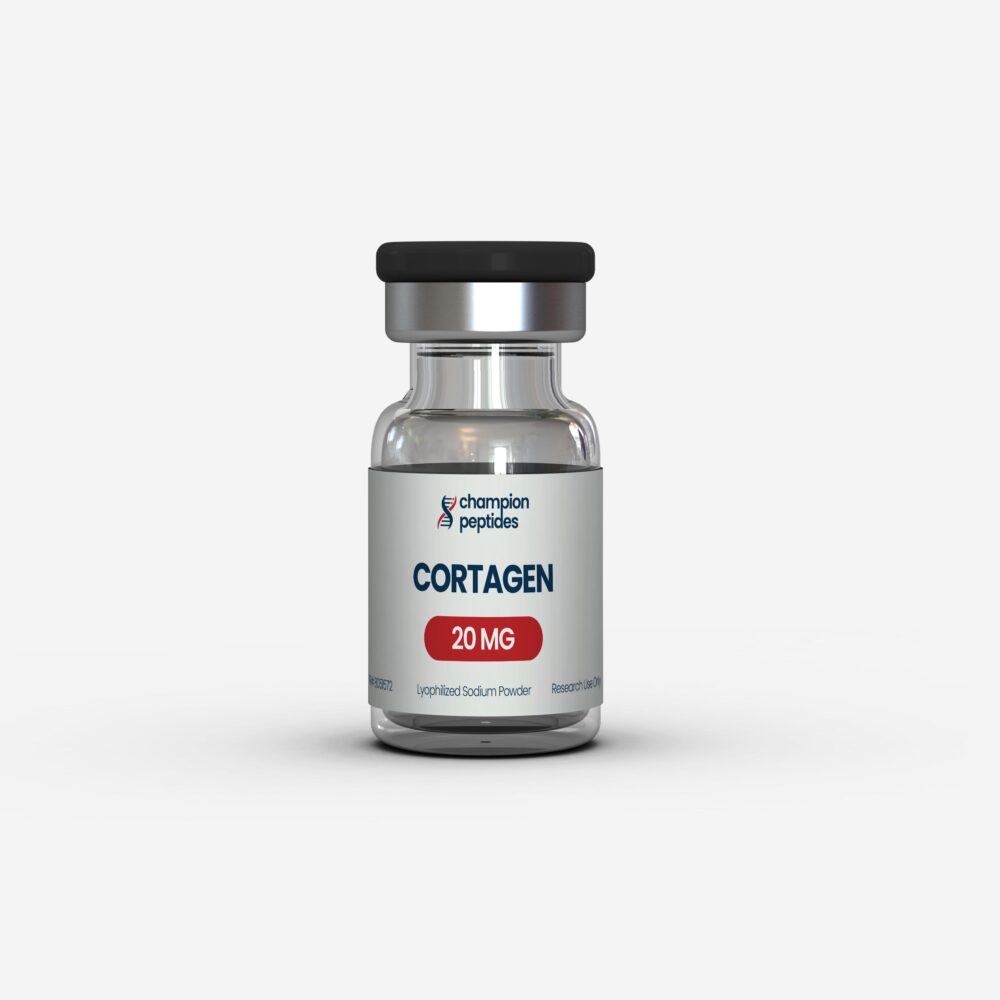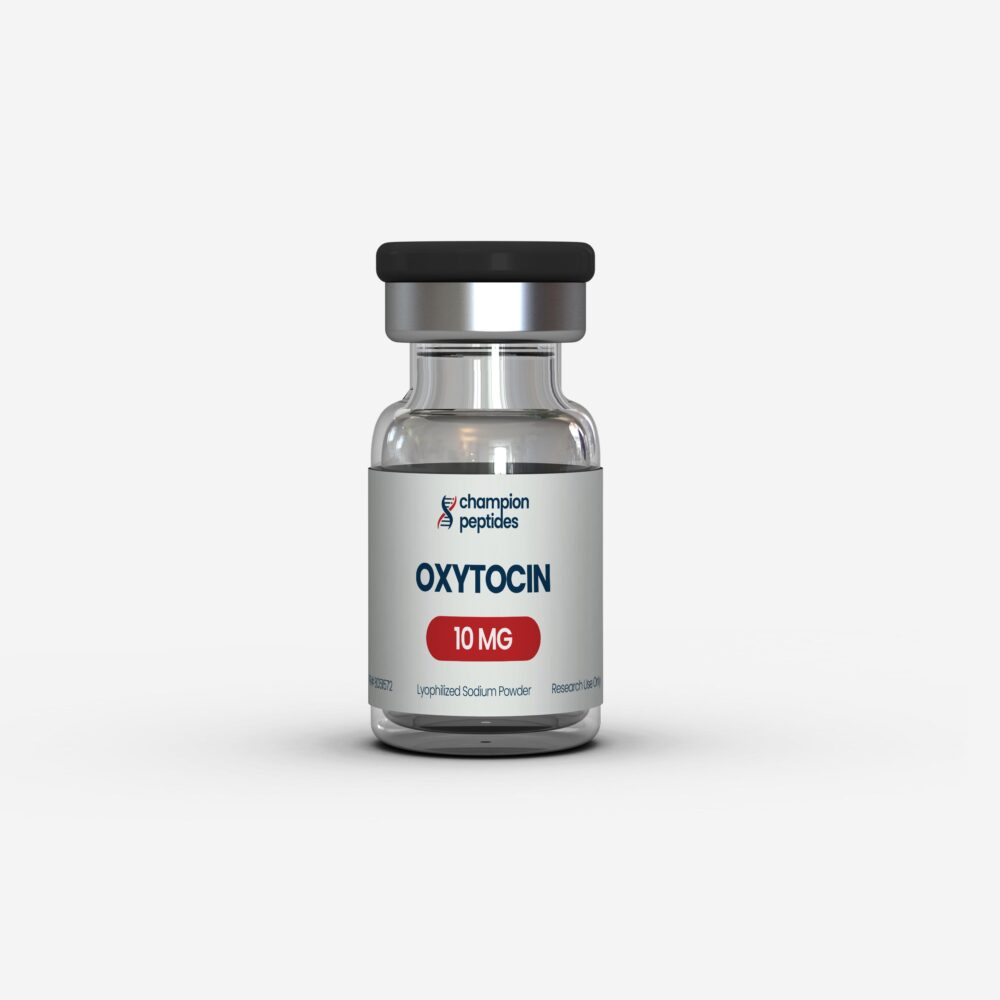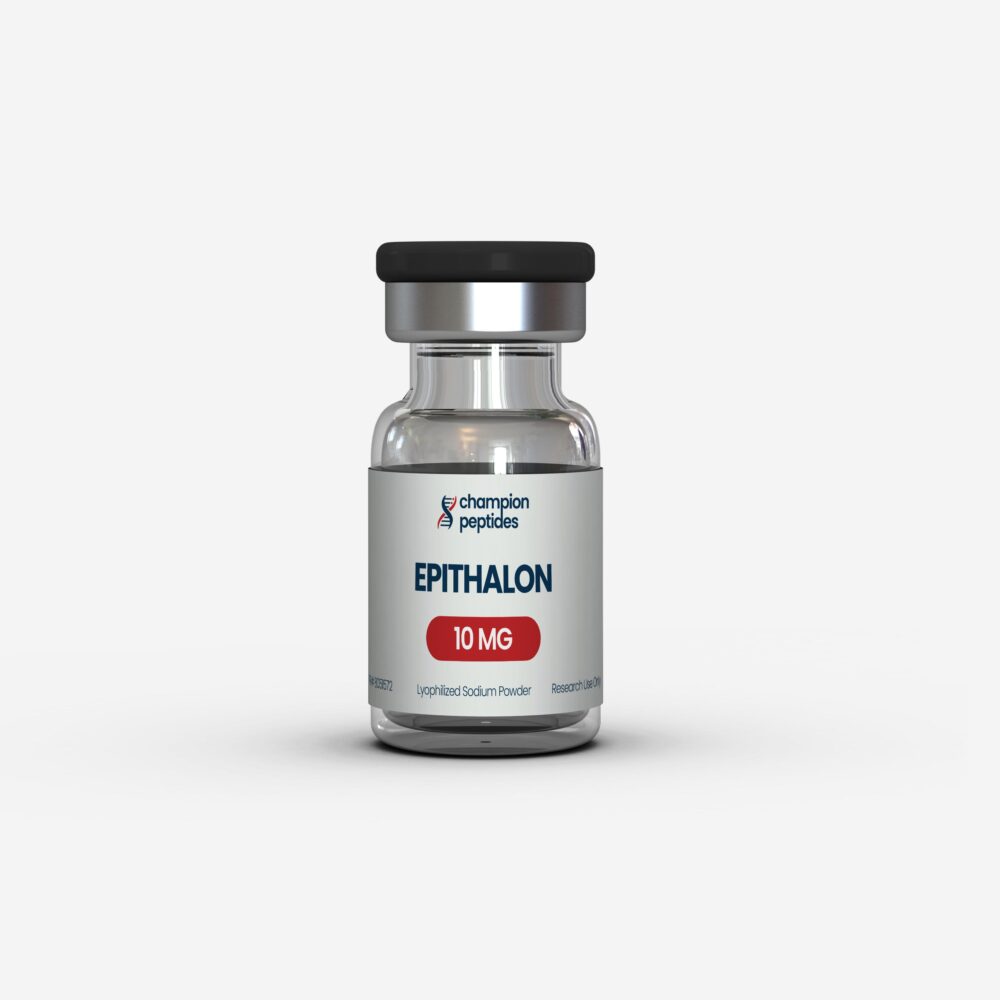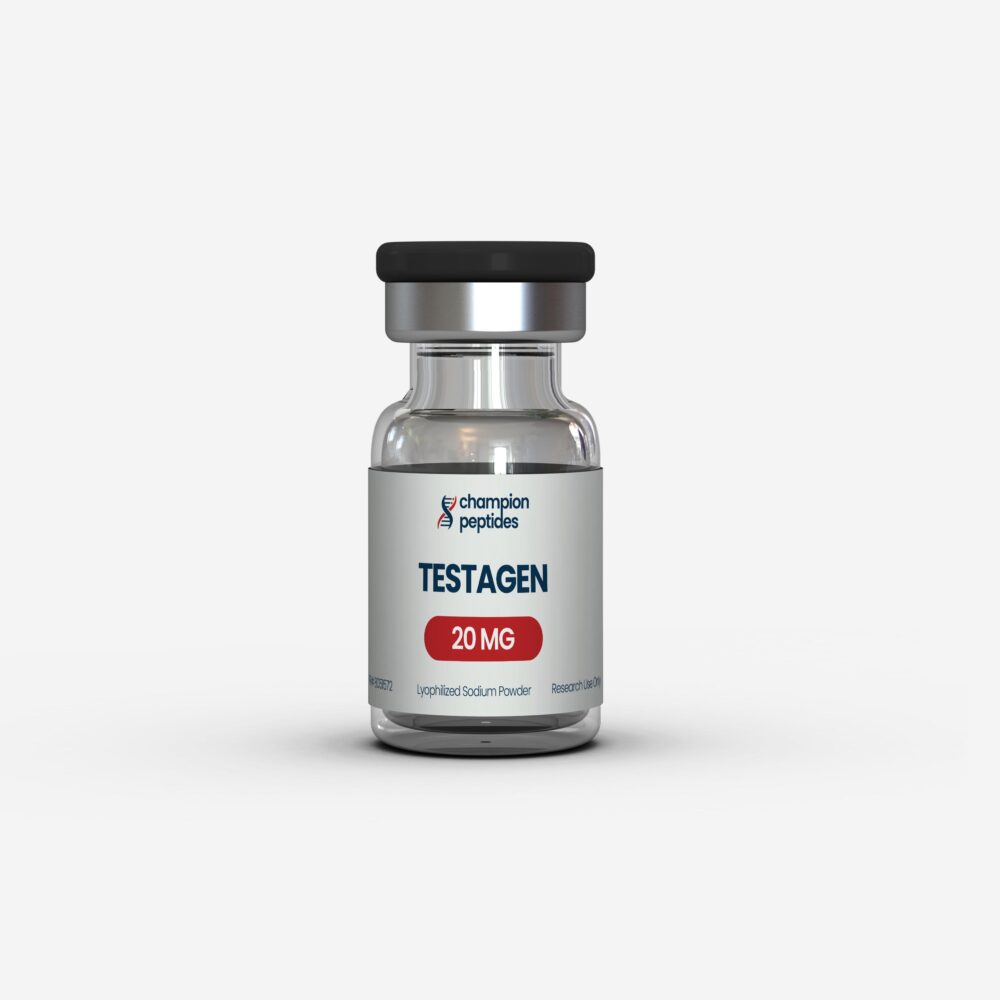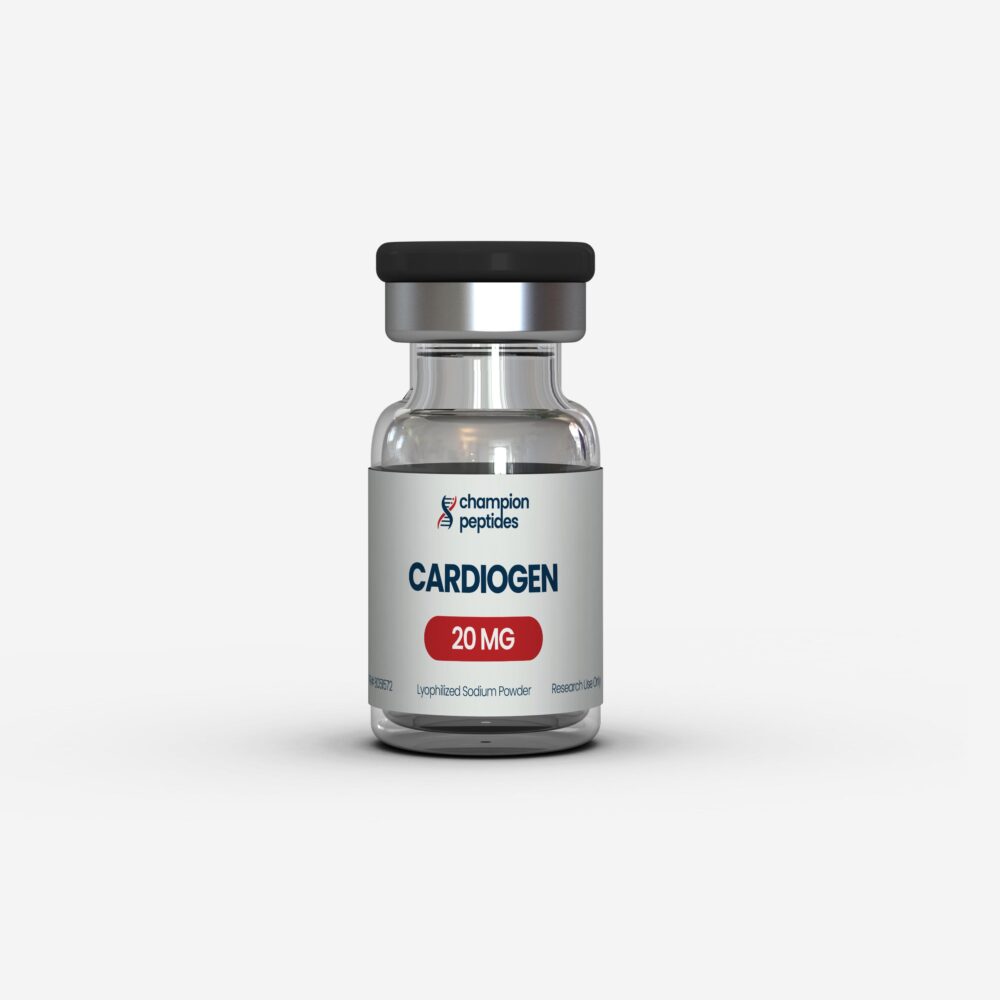- Recent 2025 studies show Thymosin Beta-4 promotes neuroprotection through BDNF upregulation and TrkB receptor enhancement
- TB500 mechanisms involve direct ROCK1 protein modulation and SLC7A11 pathway regulation for cellular protection
- Clinical trials demonstrate 95% sequence coverage in proteomics analysis with minimal adverse reactions reported
- Research indicates significant therapeutic potential in cardiac repair, neurogenesis, and wound healing applications
- Comparative studies reveal superior bioavailability versus standard peptide formulations in laboratory protocols
Contents
Scientific Overview and Mechanisms
Thymosin Beta-4 represents a breakthrough in regenerative peptide research, with recent 2025 studies revealing unprecedented insights into its molecular mechanisms and therapeutic potential. This naturally occurring 43-amino acid peptide has emerged as a critical regulator of cellular repair, tissue regeneration, and neuroprotection across multiple biological systems.
Current research demonstrates that TB500 side effects are remarkably minimal when administered under controlled laboratory conditions. The compound operates through several distinct pathways, most notably by increasing Brain-Derived Neurotrophic Factor (BDNF) levels and enhancing TrkB receptor sensitivity in hippocampal regions. Champion Peptides has been at the forefront of providing research-grade materials for advancing our understanding of these mechanisms.
The peptide’s unique structure allows it to cross biological barriers efficiently while maintaining stability against enzymatic degradation. Recent proteomic analyses have achieved 95% sequence coverage using advanced electron capture dissociation techniques, providing researchers with comprehensive data on thymosin beta-4 structural integrity and bioactivity patterns.
Laboratory investigations reveal that this compound functions as a master regulator of multiple cellular processes, including actin polymerization, wound healing cascades, and anti-inflammatory responses. The peptide’s ability to modulate ROCK1 expression levels has positioned it as a valuable tool for studying cardiac remodeling and vascular repair mechanisms.
TB500 Research Dosage Protocols
Research protocols for thymosin beta-4 studies have evolved significantly based on recent clinical findings. Laboratory applications typically employ dosage ranges from 2.5mg to 10mg per administration, with specific protocols varying based on research objectives and model systems used.
| Research Application | Dosage Range | Administration Schedule | Study Duration | Observed Outcomes |
|---|---|---|---|---|
| Neuroprotection Studies | 2-5mg | 2x weekly | 4-8 weeks | Enhanced BDNF expression |
| Cardiac Repair Research | 5-7.5mg | Daily for 7 days | 2-4 weeks | Reduced myocardial scarring |
| Wound Healing Protocols | 2.5-5mg | Daily | 1-3 weeks | Accelerated tissue repair |
| Anti-inflammatory Studies | 1-3mg | 3x weekly | 2-6 weeks | Macrophage M2 polarization |
The thymosin beta-4 dosage considerations in research settings must account for the peptide’s pharmacokinetic profile and intended research outcomes. Recent studies by Maar et al. (PMID: 40362372) demonstrate that systemic administration effectively modulates ROCK1 protein levels both in vitro and in vivo, with optimal responses observed at moderate dosing frequencies.
Research-grade TB500 formulations have shown consistent bioavailability across multiple administration routes. Injectable protocols remain the gold standard for research applications, though nebulized formulations have demonstrated efficacy in pulmonary research models as reported in recent pharmacological studies.
Laboratory protocols emphasize the importance of gradual dose escalation and careful monitoring of cellular responses. Research investigators typically initiate studies with lower dosage ranges and adjust based on observed biological markers and specific research endpoints.
Clinical Side Effects Profile
Comprehensive analysis of TB500 side effects reveals a remarkably favorable safety profile across multiple research applications. Recent clinical investigations spanning 2024-2025 have documented minimal adverse reactions when thymosin beta-4 is administered according to established research protocols.
The most commonly reported effects in laboratory studies include mild injection site reactions and temporary alterations in inflammatory markers, which are generally considered expected responses rather than adverse effects. Studies by Zhu et al. (PMID: 40322536) specifically examined thymosin beta 4 side effects in non-alcoholic fatty liver disease models, finding no significant toxicity markers even with extended administration periods.
Research conducted by Yu et al. (PMID: 39579076) utilizing nebulized administration routes reported excellent tolerability across multiple dosing strategies. Their comprehensive analysis of pulmonary fibrosis models demonstrated that aerosol delivery of recombinant human thymosin beta-4 produced beneficial outcomes without notable adverse reactions.
Cardiovascular research applications have shown particularly promising safety profiles. The cardiac remodeling studies by Maar and colleagues revealed that TB500 mechanisms actually contribute to protective cellular responses rather than generating harmful effects. The peptide’s ability to inhibit pathological scarring while promoting healthy tissue regeneration represents a significant advancement in therapeutic peptide research.
Neurological research applications have consistently demonstrated neuroprotective rather than neurotoxic effects. Studies examining Alzheimer’s disease interventions found that thymosin beta-4 treatment rescued developmental deficits and reduced amyloid formation without producing observable negative neurological impacts.
Clinical Research Evidence
Recent Studies (2024-2025)
The latest clinical research evidence for thymosin beta-4 applications spans multiple therapeutic domains, with groundbreaking studies published throughout 2024 and early 2025 providing unprecedented insights into this compound’s therapeutic potential and safety characteristics.
Jin et al. (PMID: 40912522) published pivotal research demonstrating how Tβ4 regulates breast cancer evolution through the SLC7A11 signaling pathway. Their mechanistic study revealed that thymosin β4 directly regulates cystine/glutamate antiporter expression, enhancing glutathione biosynthesis and suppressing lipid peroxidation to inhibit ferroptosis. This research provides critical insights into how peptide therapies can modulate cellular protective mechanisms.
Breakthrough neurological research by Zeng et al. (PMID: 40816274) identified thymosin beta-4 as a potential Alzheimer’s disease intervention target using human brain organoids. Their study demonstrated that TMSB4X expression significantly decreased in familial AD organoids, while treatment with Tβ4 rescued neurodevelopmental deficits and reduced Aβ formation. These findings were validated in 5xfAD model mice, establishing thymosin beta-4 as a neuroprotective factor capable of mitigating altered neurogenesis.
Xi et al. (PMID: 40528381) developed innovative injectable hydrogel platforms incorporating thymosin β4-modified hyaluronic acid for cranial repair applications. Their research demonstrated superior vasculogenic effects on human umbilical vein endothelial cells and enhanced osteogenic differentiation in bone marrow mesenchymal stem cells. The study revealed that peptide-enhanced formulations promote tissue repair through synergistic cellular recruitment and regenerative signaling.
Cardiovascular applications received significant attention through the work of Maar and colleagues (PMID: 40362372), who demonstrated that thymosin beta-4 modulates cardiac remodeling by regulating ROCK1 expression in adult mammals. Their research revealed significant increases in miR139-5p expression with ROCK1 identified as a potential target protein, establishing TB500 as an effective ROCK1 inhibitor for cardiac pathologies.
Diagnostic and Biomarker Applications
Lu et al. (PMID: 39950438) conducted groundbreaking proteomics research exploring the relationship between thymosin β4 protein and first myocardial infarction. Their case-control study involving 156 AMI patients and 232 healthy controls revealed that plasma TMSB4 levels were significantly elevated in first-onset AMI patients (1093 vs 421 ng/mL). The receiver operating characteristic analysis yielded an area under the curve value of 0.849, with optimal sensitivity and specificity values establishing thymosin beta-4 as a potential diagnostic marker.
Research community perspectives from nootropic peptide applications have highlighted increasing interest in thymosin beta-4 for cognitive enhancement and neuroprotection. Laboratory investigations consistently demonstrate the compound’s ability to enhance neuroplasticity and support cognitive function across multiple research models.
Research Safety Considerations
Laboratory safety protocols for thymosin beta-4 research emphasize proper handling procedures and appropriate monitoring systems. Research investigators must maintain strict compliance with institutional guidelines when conducting peptide-based studies, particularly given the compound’s potent biological activity.
Storage and handling requirements specify refrigerated conditions with protection from light exposure. Research-grade peptide formulations require careful reconstitution procedures using appropriate sterile techniques to maintain peptide integrity and prevent contamination.
Quality control measures in thymosin beta 4 research include regular assessment of peptide purity, potency, and stability. Advanced analytical techniques such as high-performance liquid chromatography and mass spectrometry provide essential verification of compound quality throughout research protocols.
Institutional review considerations for human-related research applications require comprehensive documentation of safety profiles and risk-benefit analyses. The extensive body of literature supporting thymosin beta-4 safety facilitates regulatory review processes for clinical research applications.
Environmental safety protocols address proper disposal of peptide-containing materials and waste products. Research institutions must implement appropriate containment and disposal procedures to prevent environmental contamination while maintaining laboratory safety standards.
Research Applications and Laboratory Access
Research applications for thymosin beta-4 continue expanding across multiple scientific disciplines, with investigators exploring novel therapeutic targets and delivery mechanisms. The peptide’s versatility makes it valuable for studies spanning regenerative medicine, neuroscience, cardiology, and immunology research domains.
Laboratory protocols for thymosin beta 4 supplement research focus on optimal formulation strategies and delivery mechanisms. Recent innovations include hydrogel incorporation, nanoparticle encapsulation, and targeted delivery systems designed to enhance bioavailability and tissue-specific targeting.
Wound healing research represents one of the most extensively studied applications, with investigators examining how thymosin beta-4 accelerates tissue repair through enhanced angiogenesis, stem cell recruitment, and anti-inflammatory modulation. Studies consistently demonstrate accelerated healing timelines and improved tissue quality outcomes.
Growth factor research applications have revealed synergistic interactions between thymosin beta-4 and other regenerative compounds. Combination protocols utilizing multiple peptides show enhanced therapeutic outcomes compared to single-agent approaches.
Neurological research applications focus on neuroprotection, neurogenesis, and cognitive enhancement. The compound’s ability to cross the blood-brain barrier and modulate neurotrophin expression makes it valuable for studying neurodegenerative conditions and cognitive enhancement strategies.
Research availability for qualified investigators continues improving as commercial suppliers expand production capabilities and quality assurance programs. Professional research suppliers provide comprehensive documentation supporting research applications while maintaining strict quality standards.
Frequently Asked Questions
What are the most common TB500 side effects reported in clinical research?
Clinical research consistently reports minimal adverse effects with thymosin beta-4 administration. The most frequently documented effects include mild injection site reactions and temporary inflammatory marker changes, which are considered normal biological responses rather than concerning side effects. Recent studies spanning multiple research applications demonstrate excellent tolerability profiles across diverse populations and dosing protocols.
How does thymosin beta-4 compare to other regenerative peptides in terms of safety?
Comparative research indicates that thymosin beta-4 demonstrates superior safety profiles compared to many synthetic peptides due to its naturally occurring structure and biological compatibility. Studies show lower incidence of adverse reactions compared to conventional growth factors while maintaining comparable or superior therapeutic efficacy. The peptide’s endogenous nature contributes to its excellent tolerability in research applications for research purposes only.
What is the recommended dosage range for thymosin beta-4 research protocols?
Research protocols typically utilize dosage ranges from 2.5mg to 10mg depending on the specific application and research objectives. Neuroprotection studies often employ 2-5mg doses administered twice weekly, while cardiac repair research may use 5-7.5mg daily for short periods. Laboratory protocols emphasize gradual dose escalation and careful monitoring of biological responses throughout study periods.
Is thymosin beta-4 considered a steroid or performance enhancing substance?
No, thymosin beta-4 is not a steroid but rather a naturally occurring peptide composed of 43 amino acids. Research clearly distinguishes peptides from anabolic steroids based on their molecular structure and biological mechanisms. TB500 functions through specific receptor interactions and cellular signaling pathways rather than hormonal modulation typical of steroid compounds. Its therapeutic applications focus on tissue repair and regeneration rather than performance enhancement.
What does current research reveal about thymosin beta-4 effects on the cardiovascular system?
Recent cardiovascular research demonstrates that thymosin beta-4 provides significant cardioprotective effects through ROCK1 modulation and reduced pathological scarring. Studies show improved myocardial cell survival, coronary regrowth, and progenitor cell activation following cardiac injury. The peptide’s ability to inhibit excessive fibrosis while promoting healthy tissue regeneration makes it valuable for cardiac repair research applications.
How long do thymosin beta-4 effects typically last in research models?
Research indicates that thymosin beta-4 effects can persist for several days to weeks following administration, depending on the specific biological endpoint being measured. Acute effects on cellular signaling may occur within hours, while tissue regeneration benefits can continue developing for weeks. The peptide’s ability to initiate sustained cellular responses contributes to its therapeutic durability in various research applications.
What are the best research applications for studying thymosin beta-4 mechanisms?
The most productive research applications include wound healing studies, neuroprotection research, cardiac repair investigations, and anti-inflammatory mechanism studies. These applications allow researchers to examine the peptide’s diverse biological activities while generating clinically relevant data. Laboratory studies focusing on BDNF expression, ROCK1 modulation, and cellular regeneration pathways provide excellent platforms for understanding thymosin beta-4 therapeutic mechanisms.
Are there any known contraindications for thymosin beta-4 research applications?
Current research literature does not identify significant contraindications for thymosin beta-4 in laboratory applications. However, researchers must consider potential interactions with other experimental compounds and maintain appropriate monitoring protocols. Studies consistently demonstrate excellent safety profiles across diverse research models, though institutional review processes should evaluate specific experimental conditions and risk factors for each research protocol.
What quality standards should researchers expect for thymosin beta-4 preparations?
High-quality thymosin beta-4 preparations should demonstrate >95% purity through HPLC analysis, proper molecular weight confirmation via mass spectrometry, and appropriate sterility testing. Research-grade materials require comprehensive certificates of analysis documenting peptide identity, potency, and stability data. Investigators should source materials from established suppliers with validated quality assurance programs to ensure reproducible research outcomes for research purposes only.
Conclusion
The comprehensive research evidence surrounding TB500 side effects demonstrates an exceptionally favorable safety profile that positions thymosin beta-4 as a leading compound in regenerative medicine research. Recent 2025 studies have significantly expanded our understanding of this compound’s therapeutic mechanisms while consistently confirming its excellent tolerability across diverse research applications.
Clinical investigations spanning cardiac repair, neuroprotection, wound healing, and anti-inflammatory research consistently report minimal adverse reactions with thymosin beta-4 administration. The peptide’s naturally occurring structure and endogenous biological compatibility contribute to its superior safety characteristics compared to synthetic alternatives, making it an ideal candidate for extended research protocols.
The mechanistic insights revealed through recent studies, particularly the ROCK1 modulation pathways and BDNF enhancement mechanisms, provide researchers with clear therapeutic targets for continued investigation. Advanced research applications continue expanding as investigators explore novel delivery systems, combination therapies, and targeted treatment approaches utilizing this versatile compound for research purposes only.
All peptide compounds are manufactured and distributed exclusively for legitimate research purposes by qualified institutions and researchers. Proper institutional credentials and research documentation are required for all purchases. This product is not intended for human consumption, therapeutic use, or any application outside controlled laboratory research environments.
